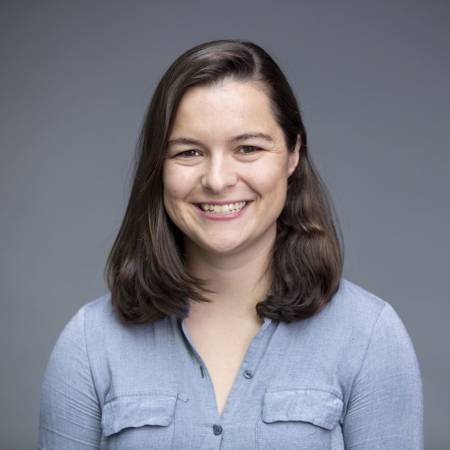
3:30 pm to 4:30 pm
Abstract: Recent progress in robot learning has demonstrated how robots can acquire complex manipulation skills from perceptual inputs through trial and error, particularly with the use of deep neural networks. Despite these successes, the generalization and versatility of robots across environment conditions, tasks, and objects remains a major challenge. And, unfortunately, our existing algorithms and training set-ups are not prepared to tackle such challenges, which demand large and diverse sets of tasks and experiences. In this talk, I will discuss two central challenges that pertain to data scalability: first, acquiring large datasets of diverse and useful interactions with the world, and second, developing algorithms that can learn from such datasets. Then, I will describe multiple approaches that we might take to rethink our algorithms and data pipelines to serve these goals. This will include algorithms that allow a real robot to explore its environment in a targeted manner with minimal supervision, approaches that can perform robot reinforcement learning with videos of human trial-and-error experience, and visual model-based RL approaches that are not bottlenecked by their capacity to model everything about the world.
Brief Bio: Chelsea Finn is an Assistant Professor in Computer Science and Electrical Engineering at Stanford University. Finn’s research interests lie in the capability of robots and other agents to develop broadly intelligent behavior through learning and interaction. To this end, her work has included deep learning algorithms for concurrently learning visual perception and control in robotic manipulation skills, inverse reinforcement methods for scalable acquisition of nonlinear reward functions, and meta-learning algorithms that can enable fast, few-shot adaptation in both visual perception and deep reinforcement learning. Finn received her Bachelor’s degree in Electrical Engineering and Computer Science at MIT and her PhD in Computer Science at UC Berkeley. Her research has been recognized through the ACM doctoral dissertation award, an NSF graduate fellowship, a Facebook fellowship, the C.V. Ramamoorthy Distinguished Research Award, and the MIT Technology Review 35 under 35 Award, and her work has been covered by various media outlets, including the New York Times, Wired, and Bloomberg. Throughout her career, she has sought to increase the representation of underrepresented minorities within CS and AI by developing an AI outreach camp at Berkeley for underprivileged high school students, a mentoring program for underrepresented undergraduates across four universities, and leading efforts within the WiML and Berkeley WiCSE communities of women researchers.
Host: Wenzhen Yuan
For a virtual meeting appointment contact : Stephanie Matvey (smatvey@andrew.cmu.edu)
